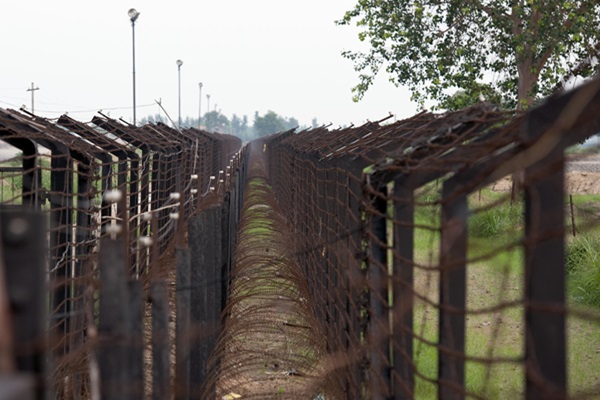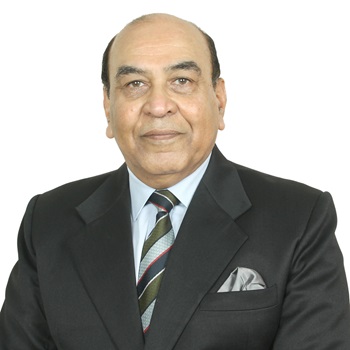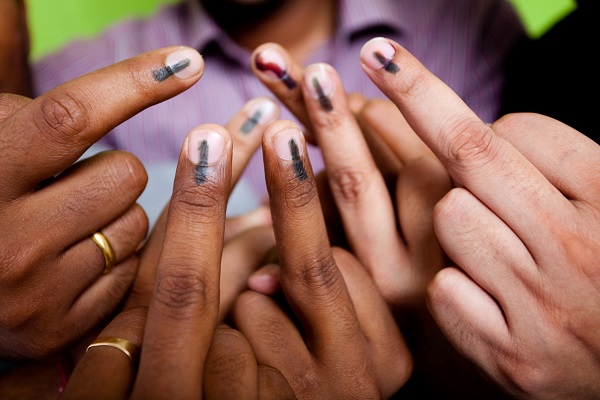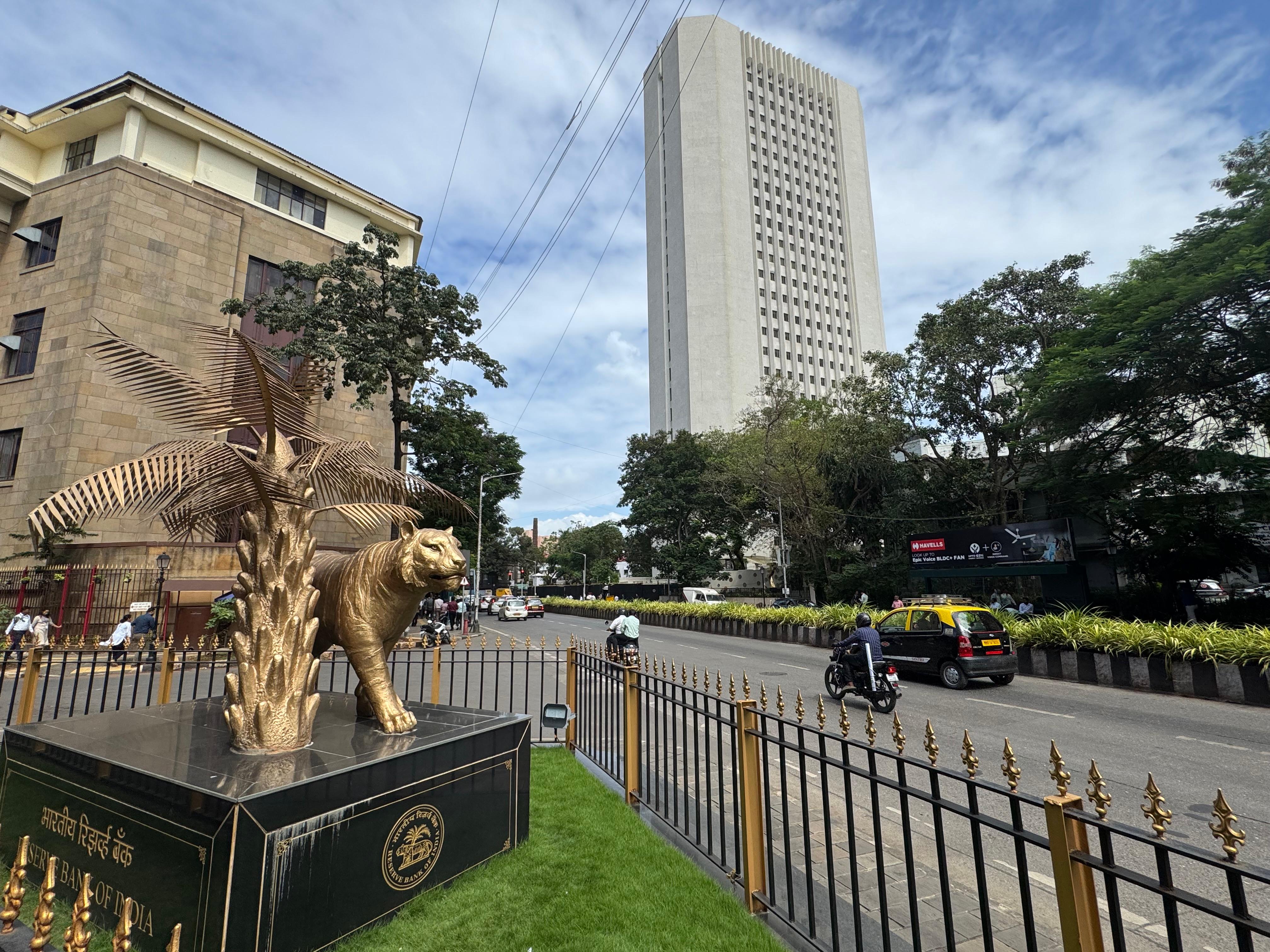.png)
Pakistan’s Self Perception: An Insight Into Its Post Operation Sindoor Mindset
In Pakistan's self-perception what does it think it achieved with the Pahalgam carnage, the 88-hour standoff with India, and the entire build up, escalation and de-escalation that occurred during Operation Sindoor. That, could dictate what it could do next.


By Lt Gen Syed Ata Hasnain (Retd)
Lt Gen Syed Ata Hasnain is a former Commander of India’s Kashmir Corps and Chancellor of the Central University of Kashmir.
July 15, 2025 at 2:02 AM IST
It’s vital to unpack Pakistan’s self-view of the seven-week period—from April 22, when Pahalgam attack happened, to the May 10 ceasefire and beyond, to date. An analysis of the military, political, and diplomatic complexities of this period will give us many answers. Pakistan’s approach to J&K and its broader India policy will depend much on the learnings and perception from all the above. This will point to the shape of what Pakistan does next and further in future.
To understand the mind of the Pakistan Army, it’s apt to recall September 6, 1965, Pakistan’s so-called "Pakistan Victory Day". It’s the day that marked a major escalation in the 1965 war. Pakistan hails it as a moment when its people and its military united to push back a larger India and its military. However, reality actually differs. Pakistan initiated that war, believing India was weak after the 1962 Sino Indian conflict. Its aim was to take J&K while India was still suffering the effects of 1962. It failed but yet it celebrates Pakistan Victory Day. Pakistan will always spin information and narratives to deceive its people and the international community. It helps in retaining the Pakistan Army’s stranglehold on polity and governance.
Now cut to May-July 2025. Pakistan is shaping a similar narrative. True or not, is irrelevant here. Indians know the facts. But do Pakistanis—or the world? Let’s break it down, event by event.
Despite clear evidence of its support to the Pahalgam attackers, Pakistan, under General Asim Munir, denies all links. It calls the act part of a legitimate Kashmiri struggle. The same old proxy war narrative. Operation Sindoor was painted as Indian aggression. Pakistan claimed civilians, mosques, and schools were hit. It downplayed Indian claims of targeting terror hubs. Prime Minister Shahbaz Sharif called the attack “cowardly” and said: “They thought we would retreat. But this is a nation built on courage.”
Though Indian strikes were precise and destructive, Pakistan showed off its air defence. It projected a picture of resilience and dignity; a “moral victory” of sorts. It claimed India had no proof linking it to Pahalgam, and thus lacked legitimacy.
Playing victim, not perpetrator, Pakistan found some sympathy internationally. Global fatigue from Ukraine and Gaza’s humanitarian toll softened most responses. Pakistan found itself a small opening.
Internal Takeaway
Pakistan’s self assessed ‘success’ harped upon ‘escalation control’. It projected to its internal audience that regime collapse that allegedly was an Indian aim did not occur post-Sindoor. The claimed military suppression of Indian attacks by counter actions sat well with majority domestic public perception.
The ceasefire itself has been used to project deterrence validation; essentially demonstrating that its conventional and nuclear thresholds are credible enough to deter India from full-spectrum retaliation, or if triggered then from a long-term logical continuation. By focusing on the alleged dropping of Indian Air Force aircraft it has attempted to reinforce an image that its air force and air defences are capable of striking back, thus sustaining deterrence.
To divert attention from Pahalgam, which was the main trigger, Pakistan launched a diplomatic narrative positioning India as the aggressor, seeking to shift international focus from Kashmir (Pahalgam) to alleged rabid Indian militarism. The Pakistan Army leveraged the situation to highlight its leadership, marginalise existing dissent, and assert its centrality in national security in terms of domestic consolidation.
Pakistan’s leadership believes, and makes its public believe, that it commanded global attention through its counter-narratives. In the period between April 22 and May 7/8 it had prepared itself well. Its international blitzkrieg of narrative management was not episodic; it had been in the making for long, probably alongside the planning for Pahalgam.
Subtly it used the narrative – “Kashmir is not about terror, but about rights and justice” – and focused on this through a wide network of lobbyists all over the influential countries particularly the US and the other Big Powers, besides the Islamic nations. The truth is that as an issue Kashmir is known only peripherally in terms of degree of detail. It is easy to make a general narrative around it, about rights violations and such. However, a detailed one regarding the UN Resolution, Pakistan’s refusal to vacate PoK for conduct of any democratic choice of the people, and the fact that all past provisions have been overtaken by history, is all very complex and rarely understood internationally.
Pakistan has often instrumentalised the OIC, framing India’s actions in Kashmir as Islamophobic. It cultivates solidarity with Turkey, Qatar, Iran, and to a lesser extent Saudi Arabia, to keep Kashmir relevant in the Ummah’s political radar. Post-Op Sindoor, efforts were made to frame Indian strikes as attacks on civilians and mosques and draw parallels between Kashmir and Palestine.
Next Move?
Pakistan perceives that it came out relatively unscathed and forced de-escalation control effectively on us. It probably believes it can do it again, and again. This is a dangerous belief that may urge it to continue on the same path as prior to Pahalgam, with careful calibration. Some issues that come to mind in this regard are:
Grey Zone Continuation: We should expect Pakistan’s return to proxy tactics—backing Kashmiri militant groups under deniability, blending cyber campaigns with low level provocations. Pakistan appears to appreciate the near impossibility of full-scale war by India due to our emphasis on the nation’s development agenda.
Diplomatic Courtship & Media Operations: Pakistan will seek fresh UN/OIC attention, revive calls for third-party investigation, and push narratives of Indian aggression to global audiences. Internationalisation remains a core agenda. Perhaps, we should not be worried by this and it may pay dividends if we take this on frontally.
Air Defence: Pakistan may embark on strengthening its air defence systems since that proved a grey area. Continued drills are likely, possibly showcasing newer air defence systems, to reinforce deterrence narratives to both domestic and external audiences.
Military Primacy: Using these confrontations to distract from internal issues, Pakistan may promote military primacy as a unifying force while shifting discussion away from economic fragility.
Escalation Threshold Testing: LoC artillery skirmishes, occasional drone intrusions and cyberattacks designed to test India’s response and maintain pressure could form part of an emboldened stance after the passage of a certain quantum of time. The credibility of Pakistan’s approach in the eyes of other nations would be perceived to lie in ensuring that triggers for resumption of terrorist activities are delayed as much as possible.
Legal and Diplomatic Warfare: As part of hybrid lawfare, Pakistan may petition international courts, or push UN Special Rapporteurs to investigate Kashmir. The results may not fructify but media references and international attention will remain focused. We should expect the Indus Waters Treaty to gain primacy in Pakistan’s various international interventions and be prepared for it. Every Indian mission abroad should be knowledge empowered on this and J&K.
Diaspora Diplomacy: Pakistan could use the UK, US, and Canadian Kashmiri communities to lobby politicians and insert Kashmir into foreign parliamentary debates. We could better this with the size and influence of the Indian diaspora.
Common sense approach to the situation tends to relegate Pakistan’s kinetic options. These will be riskier, but will not come off the table because Pakistani irrationality won’t let it. While not strictly necessary, Pakistan may still consider calibrated violence, especially for short-term shock value or bargaining leverage. Covert strikes on high-profile Indian assets, even outside J&K could still be tempting, if confidence of terrorists is high.
There could be attempts at high-impact, low-footprint attacks targeting senior Indian security or political personnel in Kashmir via proxies. Reasserting Pakistan’s reach and relevance and provoking Indian military ‘overreaction’ could be conceived as helpful to Pakistan to win global sympathy.
There could also be high profile infiltration via LoC with special teams to attack critical infrastructure like power grids or military installations with rapid withdrawal. There could also be attempts at raids on villages along the Jammu–Kathua belt, with the Hamas inspiration of October 7.
Pakistan sees itself as having weathered the storm that it created—Pakistan backed proxies sparked the crisis, India retaliated, Pakistan responded hard, and global attention ensued. The net result, as per Pakistan’s projected perception, is it preserved deterrence, enhanced military credibility, and gathered diplomatic ammunition.
An overt Chinese involvement in the immediate future is unlikely although every India-Pakistan armed standoff gives China opportunities to strategise.
Going forward, Pakistan is likely to persist with asymmetric operations, narrative shaping, and calibrated brinkmanship, jockeying to shape the security environment without crossing nuclear red lines. An Operation Sindoor 2 will obviously be high in the minds of our military planners. The predictability syndrome of action-reaction will need to be broken by our greater focus on pro-active operations including influence and information-based operations.



